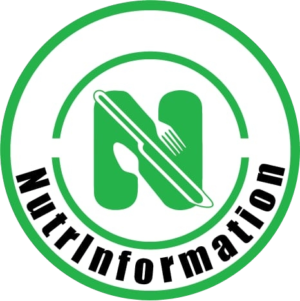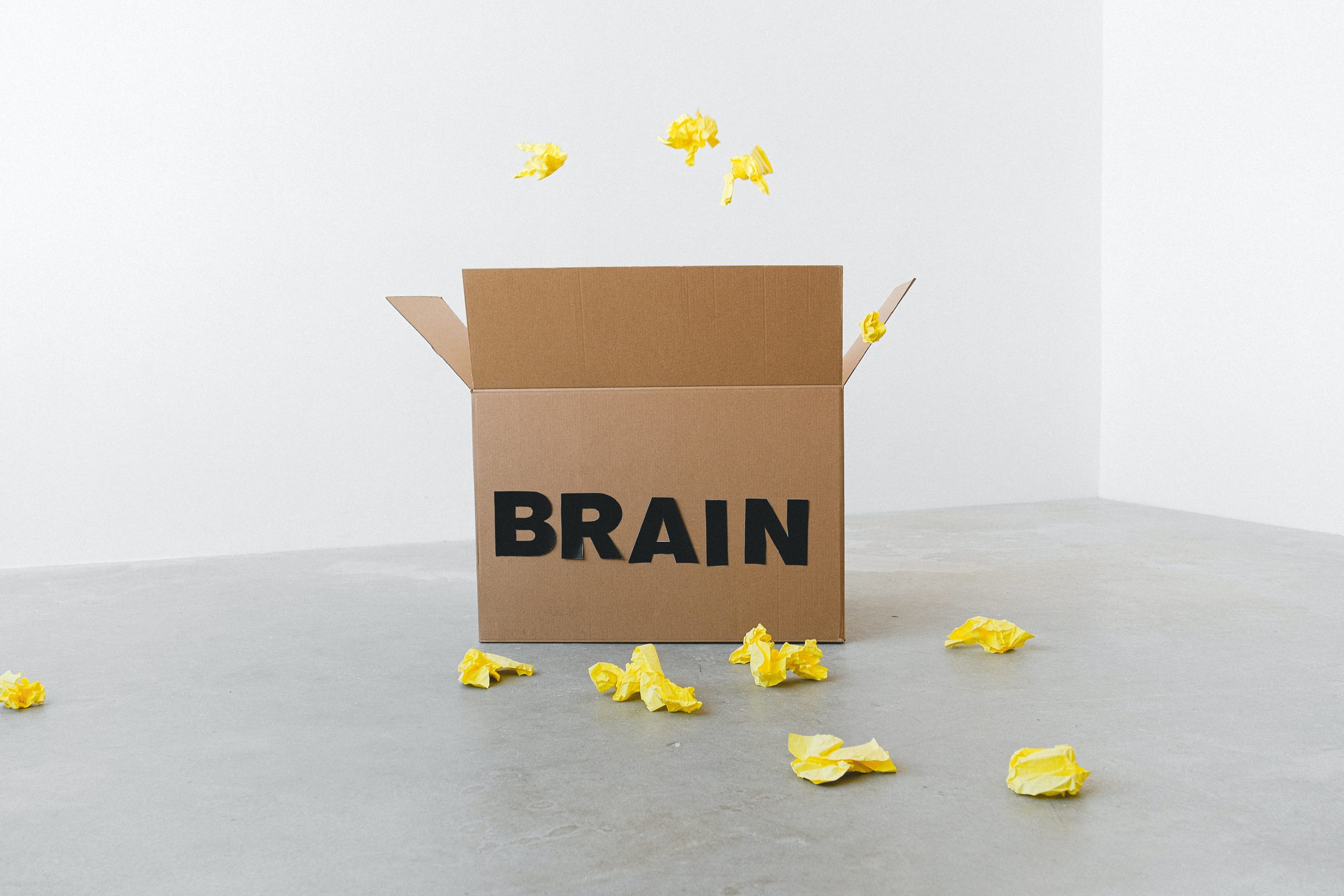Brain health: Foods to keep dementia at bay
Brain health is key, especially with the increase in diseases that cause memory loss. The brain is the most powerful part of your body. It is responsible for physical coordination, memory, thoughts, and emotions. The brain reaches peak growth at around age 22. It then starts to shrink from as early as age 25 in some people or later in others. Fortunately for us, we can slow the process of brain shrinkage by eating the right foods.
1. Antioxidants for brain protection
The brain is constantly under attack by free radicals. These are unstable & highly reactive compounds formed naturally in our bodies. Free radicals can also be from external factors like air pollution, X-rays, cigarette smoke, or industrial chemicals. These free radicals attack and damage cells in our brain and leading to the progressive decline of cognitive skills. This loss of brain function results in dementia
Antioxidants protect our brain cells by suppressing the production of free radicals in the body. They also protect the brain by repairing or removing already damaged cells from the brain.
Antioxidants include:
- Vitamin A: Found in cheese, eggs milk, yogurt & animal liver
- Beta-carotene: Found in spinach, carrots, sweet potato, red peppers, papaya or mango
- Vitamin C: Found in citrus fruits like oranges, peppers, strawberry, broccoli, blackcurrants
- Lycopene: Found in tomato & its products, watermelon, papaya, red cabbage, red bell-peppers
- Vitamin E: Found in sunflower oil, corn oil, soya bean oil, nuts & seeds as well as whole cereals
- Lutein: Kale, spinach, parsley, bell peppers, kiwi fruit, grapes, & eggs. Eat with oil or butter for better absorption
- Selenium: Mainly from tuna, sardines, turkey, chicken, beef liver, eggs, beans & whole grains
- Manganese: Almonds, chickpeas, sweet potato, tofu, spinach, pineapple, mussels, beans
- Zeaxanthin: Always co-exists with lutein.
2. Vitamin B for brain health
Vitamin B6, B9, and B12 are very important in the proper functioning of the brain. They control the amount of homocysteine (an amino acid) in the body. High homocysteine levels in the blood can lead to Alzheimer’s disease. Therefore, you need B vitamins to keep homocysteine at safe levels.
You also need vitamin B12 for healthy myelin sheaths. Myelin sheaths are a protective covering for nerves. In the case of vitamin B12 deficiency, damaged myelin sheaths expose the nerves leading to their degeneration.
- Food sources of Vitamin B6: Potatoes, bananas, chickpeas, chicken, pork, peanuts, whole grains
- Sources of Vitamin B9 include: Broccoli, spinach, kale, beans, liver
- Vitamin B12 sources include : Organ meats, beef, sardines, milk, cheese, eggs (If following a vegetarian diet, you need to take supplementation of vitamin B12)
3. Omega 3 & 6 fatty acids ensures brain development
The brain mass is made up of fats from omega 3 and omega 6. These fatty acids are not only important in brain development but are also key in the maintenance of our brain. These fatty acids also protect our brain from degenerative brain diseases through membrane repairs.
The body cannot make omega 3 & 6, therefore we must have them in our diet. The best sources of these essential fatty acids are oily fish like salmon, sardines, trout, cod liver oil, oysters, eggs, flax seeds & oil, soybeans, tofu, canola oil, chia seeds
Eating saturated and trans fats over a long period will interfere with your brain health. Read more about unhealthy fats here.
4. Whole grains feeds the brain
Our brain needs glucose to function properly. We get glucose from different carbohydrates. Carbohydrates like white bread, rice, or ugali from sifted maize meals are digested quickly. This causes a spike in blood glucose which makes us alert. However, this spike is short-lived, and soon, the blood glucose dips. High blood glucose levels interfere with brain cell function. A new study also shows that high blood glucose causes brain shrinkage
Getting glucose from whole grains on the other hand results in a more steady and longer concentration span. Since their digestion is slower, they release glucose slowly for a long time. This provides the brain with a steady supply of glucose. Therefore, for better brain function and heath get your carbohydrates from whole-grain foods like brown rice, wholemeal ugali, arrowroots, sweet potatoes, and yams.

5. Nonfood tips for brain health
- Being physically active to ensure enough blood flows into the brain
- Always learning a new skill to keep the brain active
- Sleeping at least 7 hours daily to allow the brain to boost memory
- Spending time with family and friends to keep off stress and depression


Thanks for the amazing tips on keeping the brain healthy. I’ve taken note of the foods you’ve listed.😜
A healthy brain starts on your plate!
I love this Vivian
Thank you Faith. Knowledge is power!